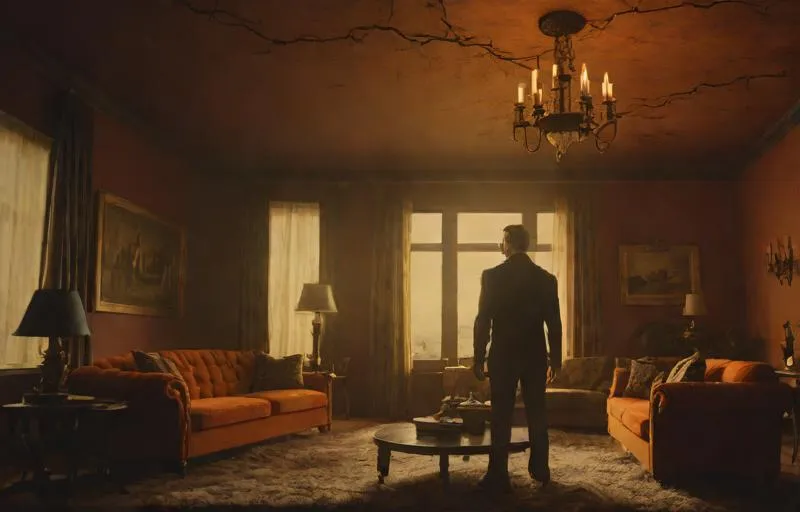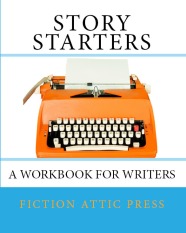Center of Insurance Against Villains
speculative fiction by H.M. Wheat
The neighborhood was built in the seventies and didn’t seem to have been upgraded at all since then. All the houses were squat, single-level A-frames or ranch-styles, with enough wood paneling and painted brick to scare off even the bravest house flippers. In her three-year-old Honda, Nicole should have felt out of place. Instead, she watched as a Honda a little newer than hers parked in a nearby driveway, letting out a tumble of a small family with middle grade boys. A moving truck was close behind them, stalling at the curb with its hazards on.
Nicole had been under the impression that no one wanted to live in New Dale. She remembered watching the exodus on the news when she was in high school, the bumper-to-bumper traffic crowding on her television screen as citizens fled the city. Superheroes had recently come into prominence in the city, and with them had come supervillains. New Dale was deemed unsafe, and everyone with sense had gotten out.
Or so Nicole had thought. There were flowers in the window boxes on the house across the street, and an older woman was watering a lush green lawn a few houses down.
The screen in her dashboard gave the time as 9:56, so Nicole waited another two minutes, watching as the family with the Honda began unloading boxes from the moving truck. At 9:58, she gracefully exited her vehicle with the case folder in hand, making sure to lock it before she stepped too far away. At 9:59, she was walking up the well-groomed path to the front door. At 10:00, she knocked.
Continue reading this story on Substack.
H.M. Wheat holds a Bachelor of Arts in English from East Texas Baptist University, and is currently pursuing a Master of Arts in English (Creative Writing) at the University of Southern Mississippi. Her poetry has appeared in Riveted Literary.


